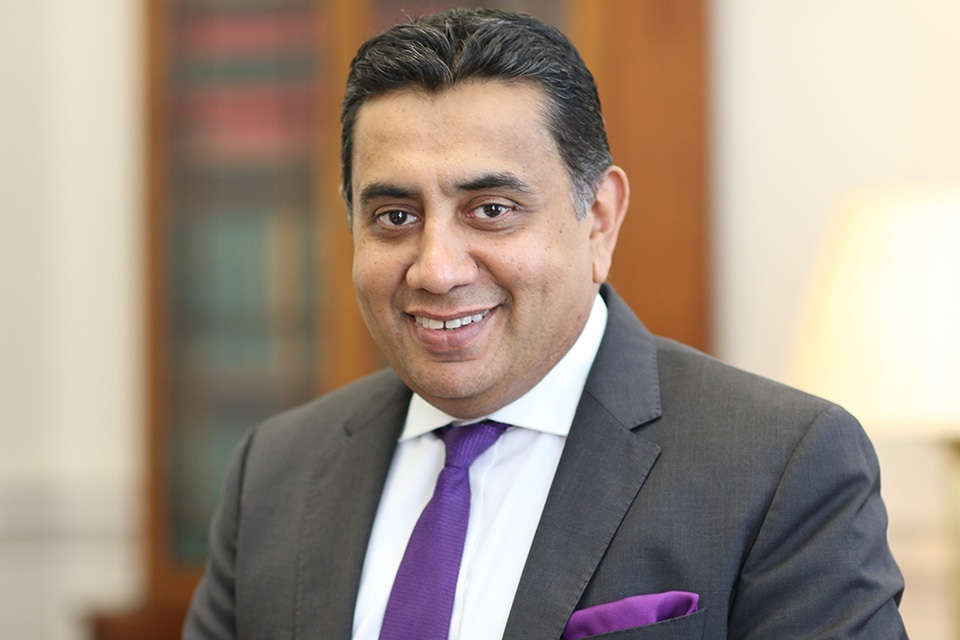Addressing international debt architecture as part of our COVID-19 pandemic recovery
Lord Ahmad spoke at the UN Meeting of Heads of State and Government on the International Debt Architecture and Liquidity.

I want to thank Prime Minister Trudeau, Prime Minister Holness and the Secretary General for convening us today.
This crisis calls for sustained and responsive global leadership. As we speak, the pandemic continues to have a severe impact on economic growth, especially in the most vulnerable countries, with economic scarring a real risk The World Bank estimates that, for the first time in 20 years, global poverty is set for a significant increase.
COVAX aims to bring the acute phase of the pandemic to an end in even the poorest regions of the world. But real recovery will take much, much longer.
What we need are green, inclusive and resilient recoveries. While financing needs remain high, and fiscal space is more squeezed than ever, we risk missing that chance.
This is why we have and will continue to take decisive action:
-
the UK has doubled our existing commitment to the IMF’s Poverty Reduction and Growth Trust with a new £2.2 billion loan
-
we contributed £150 million to the IMF’s Catastrophe Containment and Relief Trust
-
we supported the significant escalation of financial support to the poorest countries by the IMF and World Bank, with nearly $40 billion disbursed
The scale of this issue is such, that it needs each and every one of us to join together in collective action.
The G20 debt service suspension initiative has already suspended nearly $6 billion dollars in debt service repayments.
We have also agreed a Common Framework that brings together the major bilateral creditors to deliver coordinated debt treatments and seek comparable treatment from the private sector.
There is more we can do, as partners.
First, we must make the Common Framework a success. That means ensuring all official and private creditors participate on comparable terms.
Second, we must improve transparency standards. Transparency can improve sovereign ratings, help citizens hold their governments to account for borrowing undertaken on their behalf and pave the way for more sustainable financing decisions.
Finally, under the UK’s G7 Presidency, G7 Finance Ministers have agreed that a new and sizeable allocation of Special Drawing Rights at the IMF could provide further financial support for low-income countries and pave the way to a truly global recovery.
We need to work quickly to deliver these solutions for the countries and people that need it most. The UK will use our G7 and COP26 presidencies to lead the charge in 2021.
In the G7 we will promote continued action on debt and financial support for low income countries, and for the most climate-vulnerable, to boost their resilience.
It is important that our actions are informed by those on the front line of climate impacts. So, in just 2 days’ time, we host a Climate and Development Ministerial as part of our COP26 presidency. We are creating a space for dialogue between donor and recipient countries as well as international institutions and development banks.
Fiscal space and debt sustainability is a key theme. We will be encouraging ministers to build on today’s meeting and bring forward practical solutions to address these challenges.
The need to accelerate our progress on the Sustainable Development Goals and the Paris Agreement is critical.
In a time of unprecedented challenge, we must raise an unprecedented response.